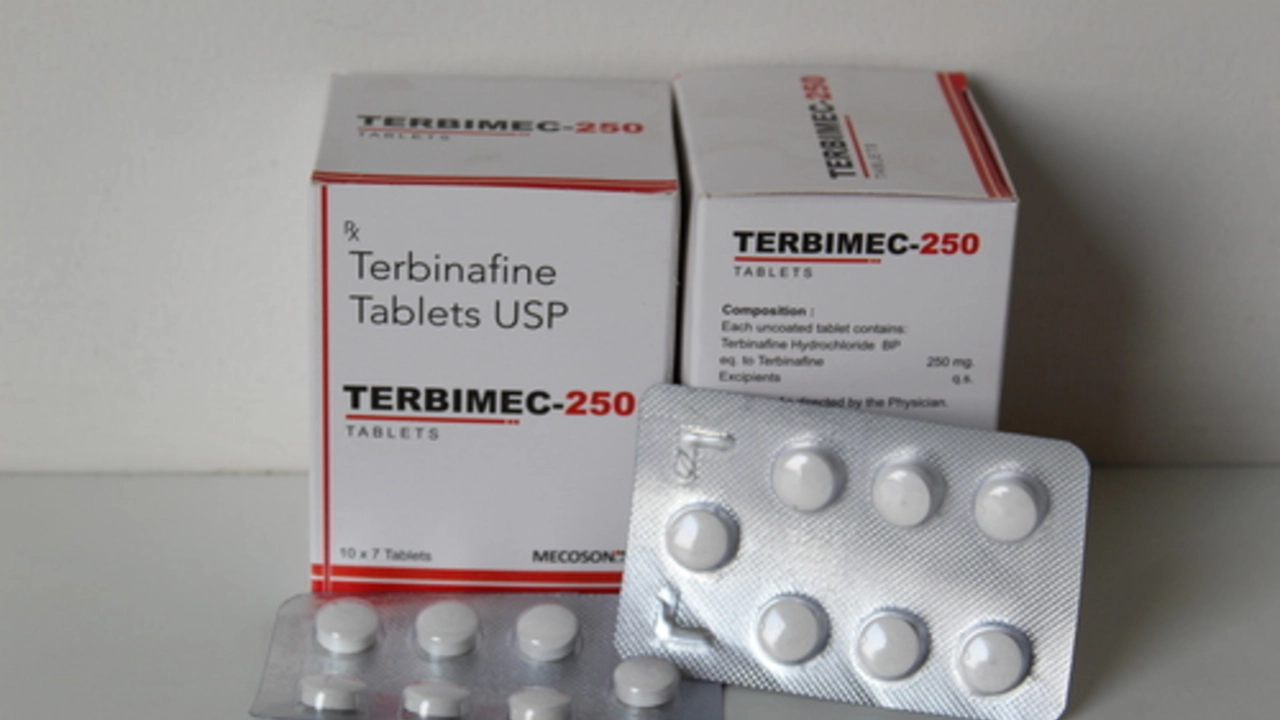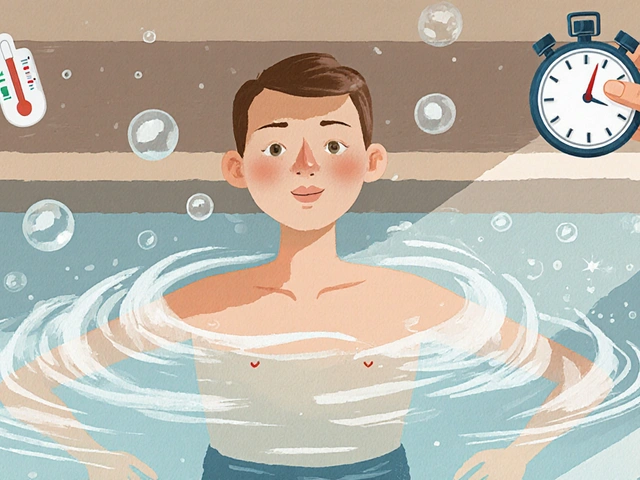Kidney function: what your body depends on
Your kidneys are small but powerful — they filter waste, balance fluids, control blood pressure, and keep electrolytes steady. When kidneys slow down, waste builds up and you can feel tired, swollen, or short of breath. Knowing the basics of kidney function helps you spot problems early and protect your health.
Common tests and what they mean
The simplest checks tell a lot. A blood creatinine test and the calculated eGFR (estimated glomerular filtration rate) show how well your kidneys filter. Higher creatinine and a lower eGFR suggest reduced function. Doctors also check BUN (blood urea nitrogen) and urine albumin. Albumin in urine can be an early sign of damage even when eGFR looks okay.
Typical flags to watch for: an eGFR under 60 for three months or more, or any rising creatinine from your baseline. If you have diabetes or high blood pressure, you should get these tests regularly — they raise your risk of kidney disease.
Medications and habits that affect kidneys
Some common drugs can harm kidneys, especially if used often or with other risk factors. Over-the-counter NSAIDs (ibuprofen, naproxen) can reduce blood flow to kidneys. Certain blood pressure meds like ACE inhibitors or ARBs (for example, lisinopril) can change kidney lab numbers — those drugs are helpful for many, but they need monitoring. Some antibiotics (eg, aminoglycosides), lithium, and contrast dyes used in imaging can also hurt kidneys. Always tell your doctor about all meds and supplements you take.
Other everyday things matter too. Dehydration, frequent high-protein crash diets, and heavy alcohol use strain kidneys. Long-standing high blood sugar or uncontrolled blood pressure quietly damages them over time.
Want practical steps? Drink enough water most of the day but don’t overdo it if you have heart or advanced kidney disease — follow your doctor’s advice. Cut down on salt to help blood pressure. Skip regular NSAID use; try acetaminophen if you need simple pain control but check with your clinician first. Keep blood sugar and blood pressure in target ranges — those are the biggest drivers of long-term kidney loss.
If you take blood pressure pills like Lisinopril-HCTZ and plan to exercise more, follow-up labs after starting or changing the dose are smart. Exercise is great, but some meds can shift electrolytes or affect kidney numbers. Your doctor can tell you how often to test.
See a doctor if you notice swollen ankles, persistent fatigue, less urine or foamy urine, sudden shortness of breath, or any new confusion. Also get checked if you have diabetes, high blood pressure, a family history of kidney disease, or if you need regular imaging that uses contrast dye. Early detection gives you options to slow decline and stay healthier longer.
Simple monitoring, honest talk about medicines, and a few daily habits go a long way toward protecting kidney function. If you’re unsure about a drug or a supplement, ask; a quick lab test can clear things up and keep you on track.
6
Terbinafine and kidney function: What you need to know
In my latest blog, I dive into the relationship between Terbinafine, a common antifungal medication, and kidney function. I shed light on how this drug can potentially impact kidney function depending on the dosage and length of treatment. I also underline the importance of regular monitoring and caution for those with pre-existing kidney conditions. The blog delves into the possible side-effects and the necessity for regular medical consultations when taking Terbinafine. Finally, I touch on the significance of understanding the interaction between different medications and their overall impact on kidney health.
Latest Posts
Popular Posts
-
 Extended Use Dates: How the FDA Extends Drug Expiration Dates During Shortages
Extended Use Dates: How the FDA Extends Drug Expiration Dates During Shortages
-
 OTC Heartburn Medications: Antacids, H2 Blockers & PPIs Explained
OTC Heartburn Medications: Antacids, H2 Blockers & PPIs Explained
-
 Duloxetine and Liver Health: What You Need to Know About Hepatotoxicity Risk
Duloxetine and Liver Health: What You Need to Know About Hepatotoxicity Risk
-
 Stinging Insect Allergy: What Venom Immunotherapy Really Does for You
Stinging Insect Allergy: What Venom Immunotherapy Really Does for You
-
 Enteral Feeding Tube Medication Safety: Compatibility and Flushing Protocols Explained
Enteral Feeding Tube Medication Safety: Compatibility and Flushing Protocols Explained



